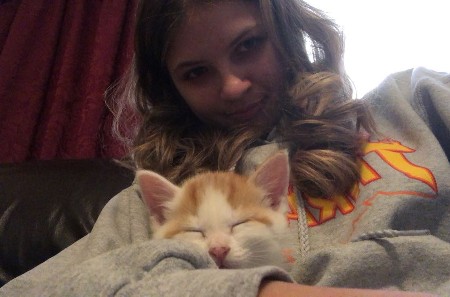
Working on yourself and your goals is not a straight line, it is a rollercoaster!
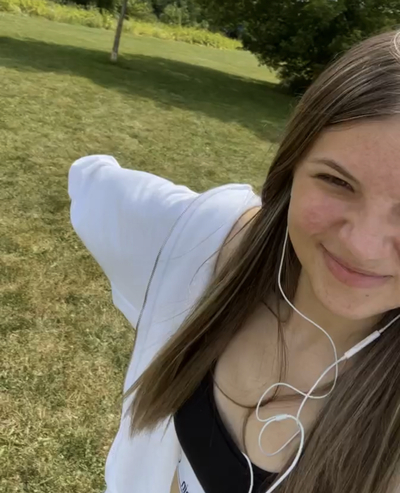
This is Megan's Story.
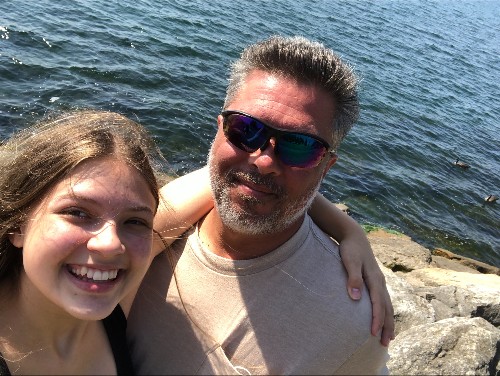
My name is Megan, and I am currently a student at the University of Guelph Humber in my second year of the psychology program.
My life growing up was about as average as you can get. I was placed in daycare from a young age as both my parents worked full time jobs and were unable to attend to me during the day. I had the occasional bad day and disagreements with my sister, but up until middle school, I would say my upbringing was pretty stable.
In grade 8 I watched my friend try to commit suicide and I was sexually harassed by a classmate. These experiences, among the list of other stressors I was facing, like maintaining friendships and obtaining good grades in school, caused me to feel overwhelmed with the tasks of everyday life. Getting out of bed felt like a chore; interacting with my peers was tiring and eating was nauseating.
With all the challenges I was facing, I decided to reach out for help. Little did I know this wouldn’t be as easy as I thought. I tried speaking with many different counsellors, therapists, and even a psychiatrist, who I desperately hoped would help me find a solution to my debilitating anxiety and sadness. After finally speaking to a psychiatrist, I felt hopeless and dismissed because of my age. I was just another problem to add to these doctors' busy schedules. At this point I was only one option. To join group therapy. I was so afraid of the idea of having to share my with others who I didn’t even know that I stopped reaching out for support altogether.
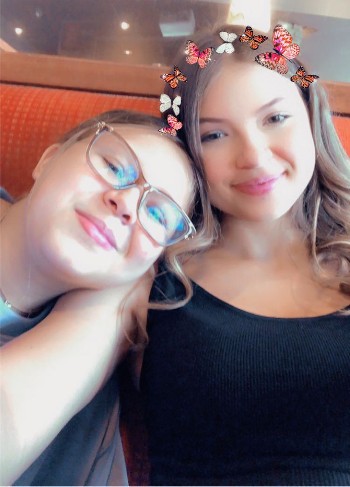 This is when I began to use some unhealthy coping mechanisms. This caused me to become distant from the once close relationship I had with my dad. It felt impossible to talk to anyone about my problems. I continued to make poor friend selections and partook in substance use to avoid what I was feeling. I continued hiding my struggles, until the loneliness, anxiety and depression became incredibly severe. I decided it was in my best interest to reach out for help again. This time I was able to speak with a different psychiatrist who diagnosed me with generalized anxiety, social anxiety, panic disorder and a provisional diagnosis of bipolar. However, again, she suggested that I follow up with completing dialectical behavioural therapy with the same group therapist as before. Reluctantly, I agreed to meet with the therapist. Fortunately, the new covid regulations at the time made it impossible for group therapy to take place, so I was able to do one on one counselling. At this point, I felt relieved.
This is when I began to use some unhealthy coping mechanisms. This caused me to become distant from the once close relationship I had with my dad. It felt impossible to talk to anyone about my problems. I continued to make poor friend selections and partook in substance use to avoid what I was feeling. I continued hiding my struggles, until the loneliness, anxiety and depression became incredibly severe. I decided it was in my best interest to reach out for help again. This time I was able to speak with a different psychiatrist who diagnosed me with generalized anxiety, social anxiety, panic disorder and a provisional diagnosis of bipolar. However, again, she suggested that I follow up with completing dialectical behavioural therapy with the same group therapist as before. Reluctantly, I agreed to meet with the therapist. Fortunately, the new covid regulations at the time made it impossible for group therapy to take place, so I was able to do one on one counselling. At this point, I felt relieved.
I put in months of work to try and overcome my poor habits and my negative state of mind, but no matter how hard I worked, it felt like I was getting nowhere. Shortly after, my therapist got a promotion, and I was paired with someone new. This was a big change and something that I was both excited and nervous for, but it was the best thing that could have ever happened for me. My new therapist recognized that I was not progressing in a way that was helpful for me, so she referred me to a new service that specifically focused on working through my personal hardships. For the first time in many years, I felt like someone was listening to me. She took everything I felt into consideration and worked through both cognitive behavioural and dialectical behavioural coping mechanisms with me. Together, we then wrote a personalized narrative about my life. It was eye opening to see how far I had come from the beginning to the end of our sessions together. I looked over what I wrote in my narrative and then stashed it away, afraid to share my story with anyone else.
Today, I am no longer afraid to share my story! My mental health journey aided in my passion for entering a psychology program. I not only want to help others overcome their struggles but be part of a larger change systematically. Though mental health recovery is not linear, I deserved more than to be pushed aside and dismissed by the first doctors I went to for help. I know from my own experience that it’s not always easy to ask for help. I know it’s not an easy process to change your mindset or coping strategies. Working on yourself and your goals is not a straight line, it is a rollercoaster.
|
Nonetheless, I believe everyone can get to a better place! I now surround myself with kind and supportive friends and family. I engage in trying new things and focus on finding activities l love to do. I still have bad days, but I am able to work through them. I hope that sharing my story resonates with someone and that one day I’ll be able to use my skills and knowledge to continue helping others in a meaningful way! |
|
|

Don't see what you're looking for? Send us an email!
©Copyright 2024 Cam’s Kids powered by Kids Help Phone
Not-for-Profit Organization. B/N: 921508-5
Thanks for visiting Cam's Kids. Please remember...
Cam's Kids is not a service provider.
If you are in crisis, please call 911 or go to your nearest emergency department. For free, confidential counselling, contact Good2Talk or Kids Help Phone.
Post-secondary students: find your local crisis resource here.
